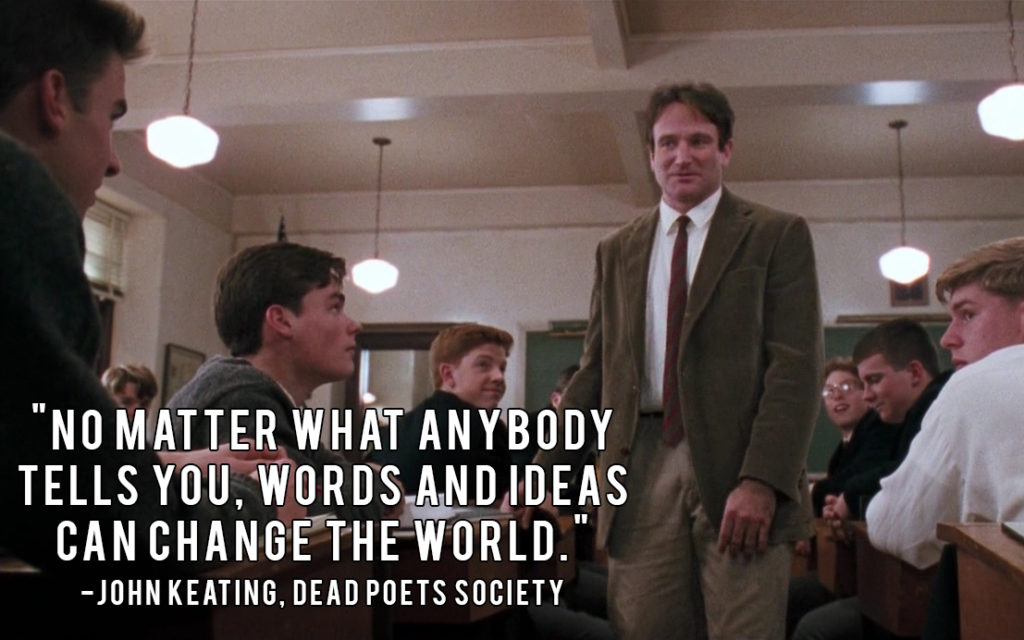Written by Akashleena

Beyond the confines of the syllabus and curricular structures, Education to begin with, teaches us to question the prescribed or given, learn together and move ahead. Classrooms are the spaces where art of teaching-learning becomes a creative pursuit and the mere act of reading, thinking, feeling and reflecting becomes a political act as best illustrated in the works of educators such as Paulo Freire’s dialogic participation, Bell Hooks ‘Teaching as Transgression’, Samuel Pickering’s ‘Carpe Diem’, Gandhi’s ‘Nai Talim’, Tagore’s ‘Shantiniketan’, Jiddu Krishnamurti, Prof. Avijit Pathak’s ‘Transformative Pedagogy’, Prof. Randhir Singh’s ‘Radical Teacher’ amongst significant others.
Teaching-learning is a collective ordeal, labour of love, ethics, care, journey, an exploration and an adventure which demands humility, empathy and respect. It teaches us to humanise, embrace and apply theories, invent, discover, question and remain critical, creative and curious in the process. Imagining a classroom includes experimenting with science, learning about his-tory or her-stories, doing civics or politics, reading texts, forming Dead poets societies, embracing Socratic Dialectics, and smelling the flowers as you move ahead. Not as an air conditioned room with high quality desks and chairs, Power point presentations, points, rote learning and robotic education. Tagore envisioned it as being in the lap of nature, exploring the skies and reading Rumi or Kabir, vibrating with the energy of discussions and debates, deliberations buzzing around with young minds on work.
More recently, the classroom is captured into the virtual space of laptops and computer screens. It inhibits the joy and theatrics of learning. Digital Divide perpetuates this gap in learning. Quality education gets reduced to social capital rather than equitable access. The ‘Tyranny of Merit’ despite affirmative action policies ensures exclusion in higher education spaces. There is a serious need to address inequities in access to affordable and quality education specially amidst the privatisation conundrum in India and digitisation of education.
Policy measures and legal mechanisms on education treat pedagogy as service delivery mechanisms. Where the teachers/professors are seen as an instrumental reservoir of information delivered to students, consumers who rote and purge it out in an examination format. Reclaiming pedagogy involves questioning the supposed hierarchies in the teacher-student relationship. These hierarchies cultivate a culture of fear rather than mutual respect. Discussion, deliberations, creative engagement, reflexive pedagogy and dialogic participation is lacking in most of the public universities or schools in this country.
Classroom spaces in the school promote the epidemic of marks. They produce children trained in the art of scoring sky rocketing marks. Equipped in the modern culture of surveillance/examinations/testing with inadequate superficial comprehension of the text and the context. Writing and rewriting textbooks and curriculums, where appreciating poetry, aesthetics and imagination, reading with Kamala Das or contemplating with Premchand is a waste of time. Experimenting with acids or bases, experiencing velocity and motion or reversing differentiation to integration gets reversed to rote learning the formulas. Politics/Civics becomes dirty rather than art of possibilities and history re-presenting the past undergoes transformations every 5 years.
While in colleges, a culture of silence and surveillance kills the purpose/meaning/scope of the classroom spaces. The atmosphere of intolerance throttling dissent demands obedience to the status quo. Education fosters dissent in agreeing to disagree, deliberate, debate, sing and walk together on paths. The tragedy lies in these spaces for emancipation reduced to degree production machines with adequate examination surveillance schemes with cut-throat competition and pressure to perform create a post-mortem on the barely alive young mind. The University becomes a site of contestation through the vibrant active, creative and constructive action of protests.
Professionalising learning introduces mediocrity, technocratic and skill based attitude to this act. Instrumentalising the homo sapien as mere human resource/capital promising demographic potential commoditizes humans and deprives them the ability to thrive as a homofaber often translated as creative producer. Skilling involves drilling rote learning and technocratic material into the young minds limiting space for expression or fulfilment of creativity. Creative and constructive pedagogy entails learning to transcend the accepted frameworks while questioning the established assumptions across the sciences or even humanities.
One can only imagine the purpose of cut-throat and dead-lines in this fast paced rat race world where every student gets forced into. Well, if Whatsapp universities rule over the mainstream political discourse, one can hardly bring in questions of relevance, quality and critical rigour.
Even if pessimism of the intellect blinds our vision, optimism of the will should pave way for light amidst darkness. Discomfort is necessary, there are no easy answers, one must choose the burdens, one must carry one’s own crosses and navigate difficult dilemmas, questions and situations in life.
Indeed, whether words and ideas can change the world for the worse or for the better depends on us. Living in quiet desperation, accepting the systemic maladjustments and submission is the worst form of defeat to the challenges ahead. This calls for radical pedagogy, pedagogy on resilience, care, fraternity transforming the classrooms, humanise the word and world, haptic than the optic spaces, opening the doors and windows to light and action. The magnanimity of this noble act teaches us to continue reflecting, questioning, asking, thinking, feeling, dissenting and walking together. As John Keating would say
Carpe Diem! Seize the day and make it extraordinary!
That the powerful play goes on and you may contribute a verse. What shall your verse be?

Excellent writing. Virtual education can never replace classrooms. It has one more serious issue. In our country, there is a huge chunk of population which can’t afford it. There is no proper solution for them.
Absolutely, Digital divide is a serious problem! Commercialization of education makes it worse, constantly producing robots and rote learning as the key to success. Thank you for reading!
extremely well explained, it is true that virtual education can never be the ideal substitute of clssroom training but in current scenario options are also limited. In this era of digitalisation biggest chalange is finding balance between virtual and real life specifically for upcomimg generation.
Thank You! You are absolutely right in highlighting the importance of balance in virtual and physical set up but in a country oppressed by digital divide, virtual, digital forms of learning are inaccessible to large chunks of the population. Education needs to be for all, not just some people with socio-economic, cultural privileges and capital.
yes! uplifting and up bringing of 68.84% rural population should be the 1st and foremost objective of us else education or development will be only in books.